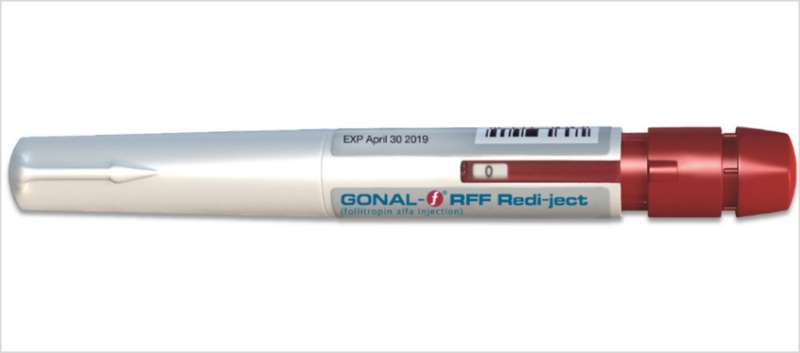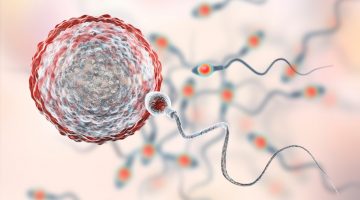Side Effects of hCG Injections: What to Expect During Fertility Treatment

Side Effects of hCG Injections: What to Expect During Fertility Treatment
hCG injections are a vital part of many fertility treatments, including IUI, IVF, and egg freezing. The hormone human chorionic gonadotropin (hCG) helps trigger ovulation or the final maturation of eggs before retrieval.
Like all fertility medications, hCG injections can cause side effects, but most are mild, temporary, and manageable with close monitoring.
Common Side Effects of hCG Injections
Mild side effects of hCG injections may include:
Soreness, redness, or mild bruising at the injection site
Temporary bloating or abdominal discomfort
Fatigue, mood changes, or headaches
These reactions are generally short-lived and improve within a few days.
Using a warm compress or taking a warm bath can help relieve injection-site discomfort.
If you experience headaches, Tylenol (acetaminophen) is safe to use; however, avoid Advil or Motrin (ibuprofen), as they can interfere with ovulation.
Ovarian Hyperstimulation Syndrome (OHSS)
The most serious, but uncommon, side effect of hCG injections is ovarian hyperstimulation syndrome (OHSS). This can occur when the ovaries over-respond to fertility medications and produce too many follicles. The ovaries can become enlarged, and fluid may shift into the abdomen or chest cavity.
Mild OHSS often resolves with rest and hydration at home, but severe OHSS can cause:
Rapid abdominal swelling or bloating
Nausea and vomiting
Shortness of breath or difficulty breathing
If you experience these symptoms, contact your care team immediately rather than waiting for your next appointment.
To help prevent OHSS, fertility specialists use regular ultrasound and blood monitoring to track hormone levels and follicle growth.
If your estradiol (E2) levels are too high or too many follicles develop, your provider may delay or cancel the hCG trigger injection to protect your safety. Once hormone levels stabilize, the injection can be safely given.
Risk of Multiple Pregnancy
hCG injections, when combined with gonadotropins to stimulate multiple follicles, increase the chance of multiple pregnancy. About 20% of IUI pregnancies from ovulation induction involve twins, while higher-order multiples are rare.
With IVF using a single-embryo transfer (SET), twin outcomes are ~1–2% (mostly identical twins).
Your provider will discuss these possibilities before starting treatment and review all options, including selective reduction, to ensure a healthy outcome for both the parent and babies.
Possible Ovarian Cancer Risk
Some studies have suggested a potential association between fertility medications (including hCG and gonadotropins) and an increased risk of ovarian cancer later in life. However, current evidence is inconclusive. Fertility itself and delayed childbearing may contribute to this observed association.
Importantly, once a woman becomes pregnant, naturally or through treatment, her ovarian cancer risk typically drops significantly.
Even so, fertility medications should always be used under the guidance of an experienced reproductive endocrinologist.
The Bottom Line
The side effects of hCG injections are usually mild and temporary. With careful monitoring, your care team can minimize risks such as OHSS or multiple pregnancy. These medications play a vital role in supporting ovulation and egg development during IVF, IUI, and egg freezing cycles, giving you the best possible chance at a successful outcome.
If you ever experience unusual symptoms or concerns during treatment, reach out to your care team right away. They’re here to support you every step of the way.



